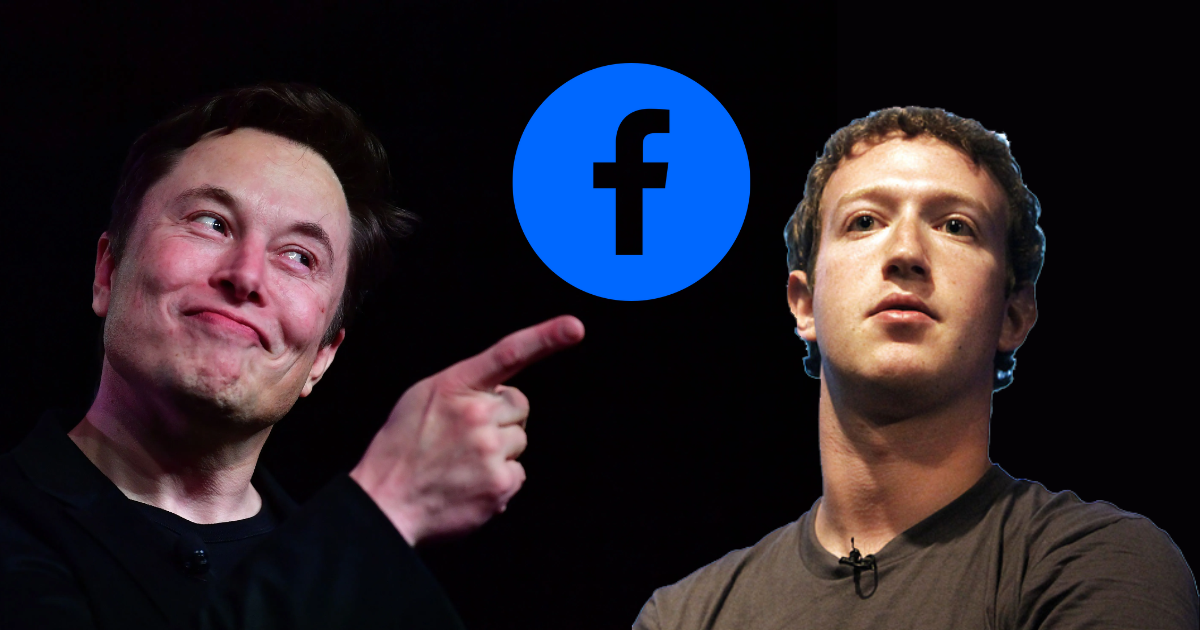Tech magnate Elon Musk has criticized Facebook and its CEO Mark Zuckerberg, alleging that the social media giant is involved in widespread manipulation of public opinion on a global scale. In a pointed tweet, Musk insinuated that Facebook’s refusal to make its algorithm open source reflects its intent to exert control over public discourse.
Heightened Concerns About Social Media Influence
Musk’s remarks come amid mounting worries regarding the influence of social media platforms in shaping public perceptions and impacting elections. Critics contend that these platforms wield significant power in controlling information flow, using algorithms that can be tailored to amplify specific content and suppress others.
Elon Musk Tweet Adds to Transparency Debate
Elon Musk took to Twitter, stating, “Facebook is manipulating the public almost everywhere on Earth. That is why they won’t open source their algorithm.” This tweet directed a jab at Mark Zuckerberg and his company’s practices.
According to recent investigations, there are allegations that Facebook, under Mark Zuckerberg’s leadership, is financially supporting activists to hinder their opponents during national referendums, as reported by Mashable India. These activists purportedly advocate for censoring their adversaries, a revelation that seems to contrast with Zuckerberg’s prior claims of impartiality and support for diverse perspectives.
Elon Musk Suggests Manipulation Behind Algorithm Secrecy
Elon Musk reacted to the findings. He suggested that Facebook’s actions indicate widespread manipulation of public sentiment in various regions. He also hinted that this manipulation could be why Meta chose not to reveal or open-source its algorithm.
Critics Question Algorithm Transparency
Labeling the release of the algorithm as a diversion from broader transparency concerns, The Wire characterized the move as misleading. The publication compared this to TikTok’s 2020 actions during US regulatory scrutiny. It highlighted their use of terms like ‘source code.’ However, TikTok didn’t actually share the promised source codes. This raised doubts about the authenticity of their transparency efforts.



![[CITYPNG.COM]White Google Play PlayStore Logo – 1500×1500](https://startupnews.fyi/wp-content/uploads/2025/08/CITYPNG.COMWhite-Google-Play-PlayStore-Logo-1500x1500-1-630x630.png)